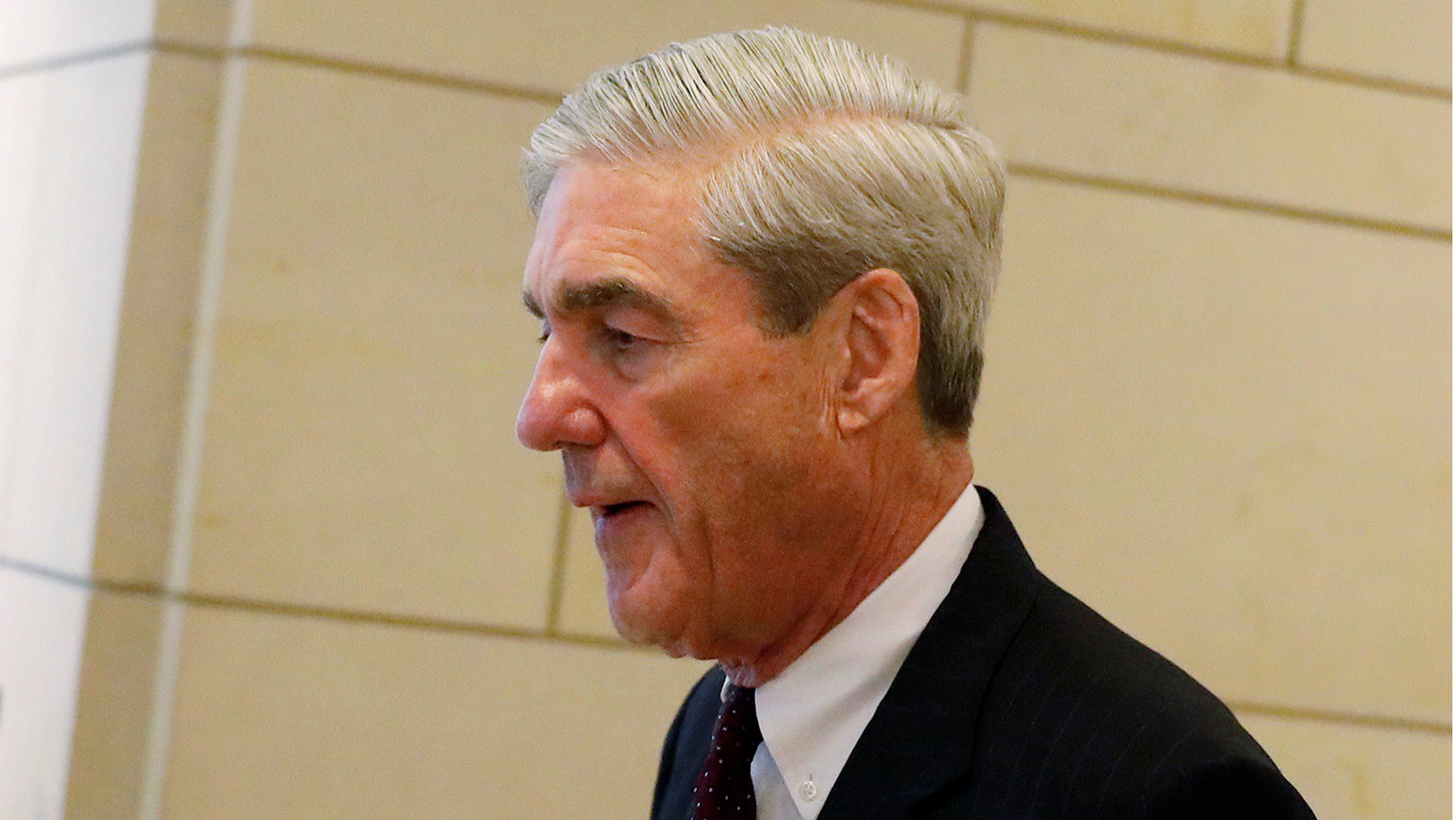By: Andrew C. McCarthy – nationalreview.com – March 17, 2018
Gates was charged with $100 million in financial crimes — and pled guilty to two minor offenses, one of them highly questionable.
These columns have many times observed Deputy Attorney General Rod Rosenstein’s failure to set limits on Special Counsel Robert Mueller’s investigation. To trigger the appointment of a special counsel, federal regulations require the Justice Department to identify the crimes that warrant investigation and prosecution — crimes that the Justice Department is too conflicted to investigate in the normal course; crimes that become the parameters of the special counsel’s jurisdiction.
Rosenstein, instead, put the cart before the horse: Mueller was invited to conduct a fishing expedition, a boundless quest to hunt for undiscovered crimes, rather than an investigation and prosecution of known crimes.
That deviation, it turns out, is not the half of it. With Rosenstein’s passive approval, Mueller is shredding Justice Department charging policy by alleging earth-shattering crimes, then cutting a sweetheart deal that shields the defendant from liability for those crimes and from the penalties prescribed by Congress. The special counsel, moreover, has become a legislature unto himself, promulgating the new, grandiose crime of “conspiracy against the United States” by distorting the concept of “fraud.”
Why does the special counsel need to invent an offense to get a guilty plea? Why doesn’t he demand a plea to one of the several truly egregious statutory crimes he claims have been committed?
Good questions.
The Multi-Million-Dollar Fraud Indictments . . . and Penny-Ante Plea
On Thursday, February 22, with now-familiar fanfare, Mueller filed an indictment against Paul Manafort and Richard Gates, alleging extremely serious crimes. Let’s put aside for now that the charges have absolutely nothing to do with the stated rationale for Mueller’s appointment, namely, Russian interference in the 2016 election and possible Trump-campaign collusion therein.
According to the special counsel, Manafort and Gates conspired to commit more than $25 million in bank fraud. In all, the indictment charges nine bank-fraud counts, each carrying a potential penalty of up to 30 years’ imprisonment (i.e., 270 years combined). Furthermore, the two defendants are formally charged with $14 million in tax fraud (the indictment’s narrative of the offense actually alleges well over twice that amount). There are five tax-fraud counts, yielding a potential 15 years’ imprisonment (up to three years for each offense), against each defendant.
According to the special counsel, Manafort and Gates conspired to commit more than $25 million in bank fraud.
Mind you, this indictment, filed in the Eastern District of Virginia, is not a stand-alone. It piles atop an earlier indictment in the District of Columbia. That one, filed back in October, accuses Manafort and Gates of an eye-popping $75 million money-laundering conspiracy, a charge that carries a penalty of up to 20 years’ imprisonment.
The two indictments contain many other felony charges. But sticking with just these most serious ones, we can safely say that, on February 22, Manafort and Gates were portrayed as high-order federal felons who faced decades of prison time based on financial frauds in the nine-digit range. And while I have previously discussed potential proof problems for the money-laundering charge, proving bank fraud and tax fraud is comparatively straightforward. The indictment indicates that the evidence of these crimes is well documented and daunting.
To see the remainder of this article, click read more.
Source: Mueller Investigation: Gates Deal Violates Federal Policy
 Listen Online
Listen Online Watch Online
Watch Online Find a Station in Your Area
Find a Station in Your Area









 Listen Now
Listen Now Watch Online
Watch Online
